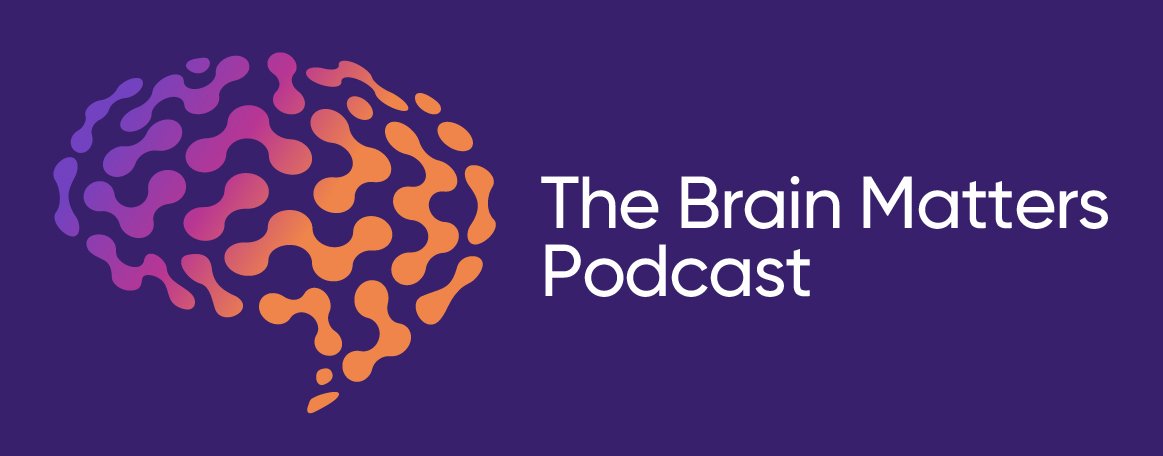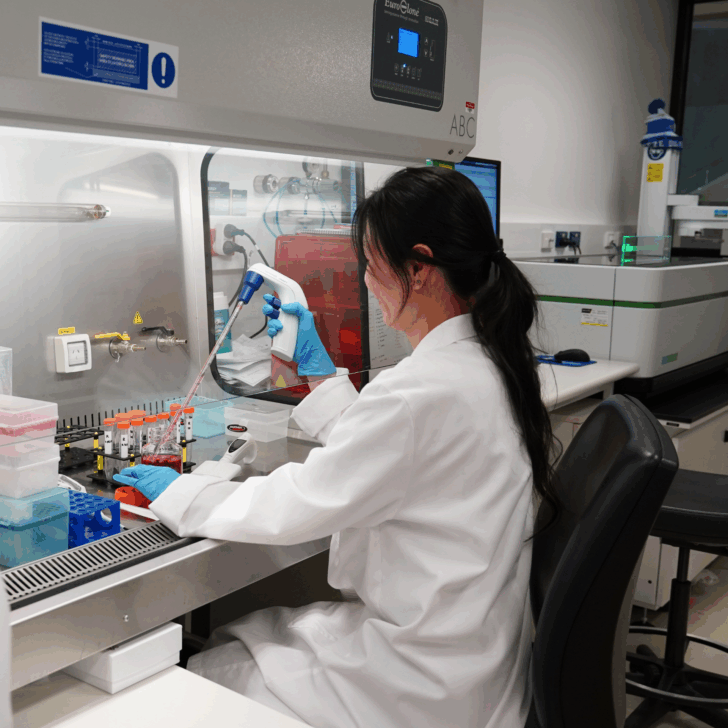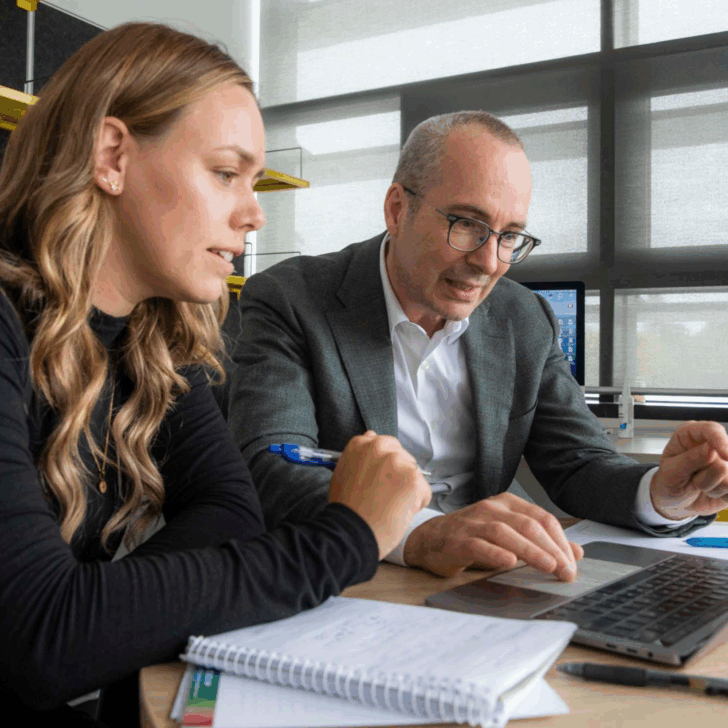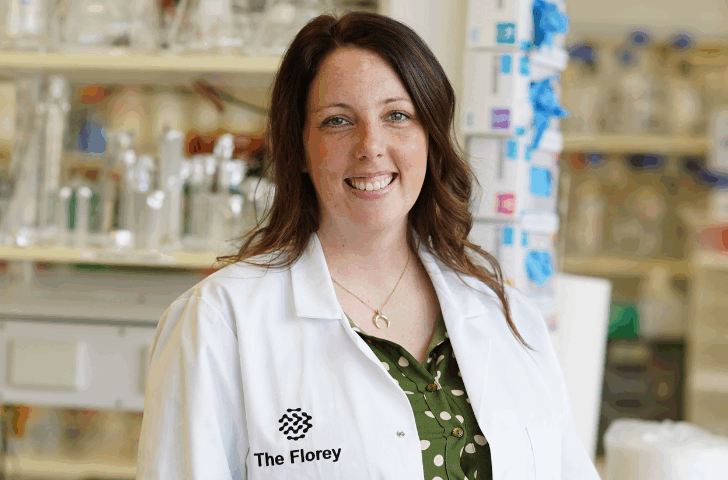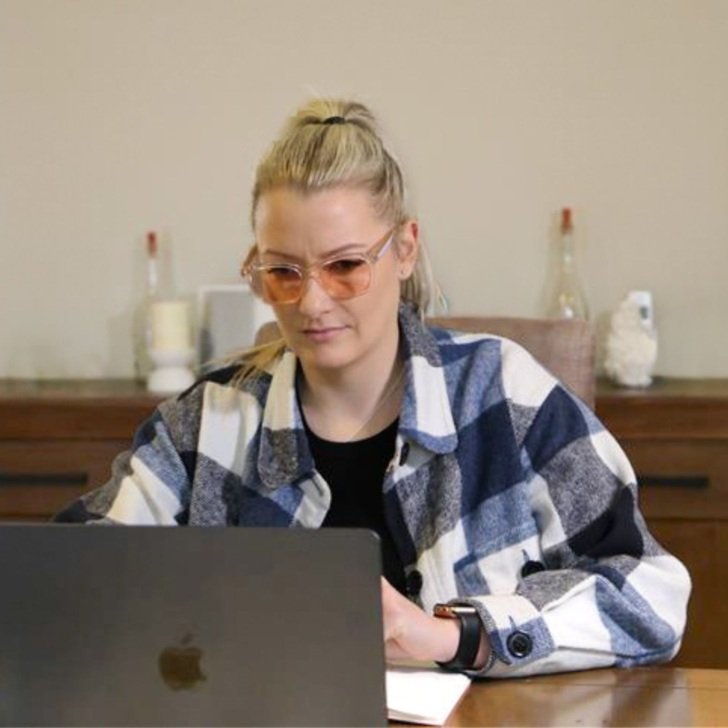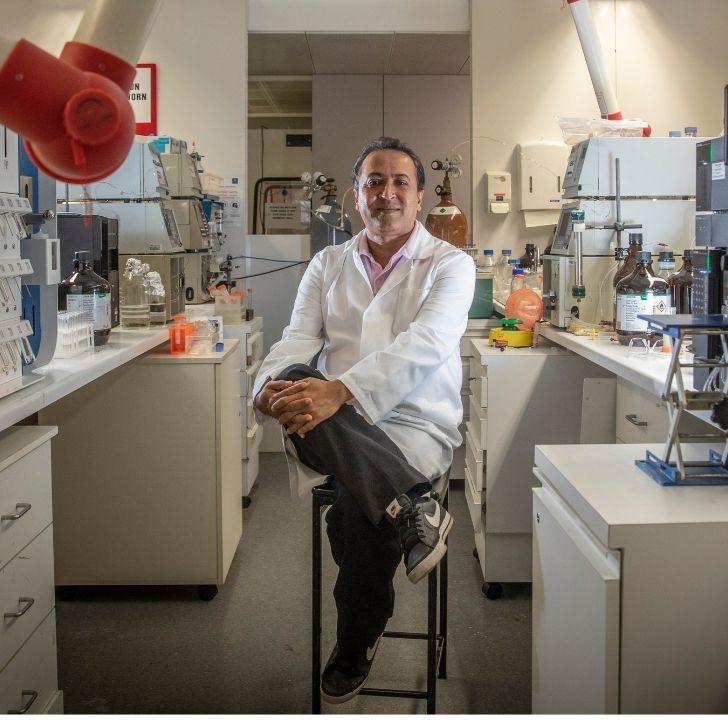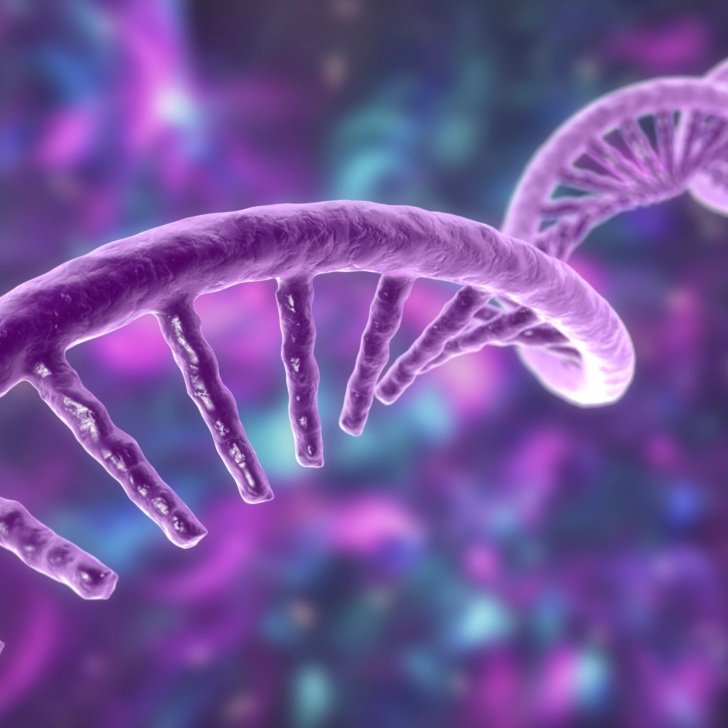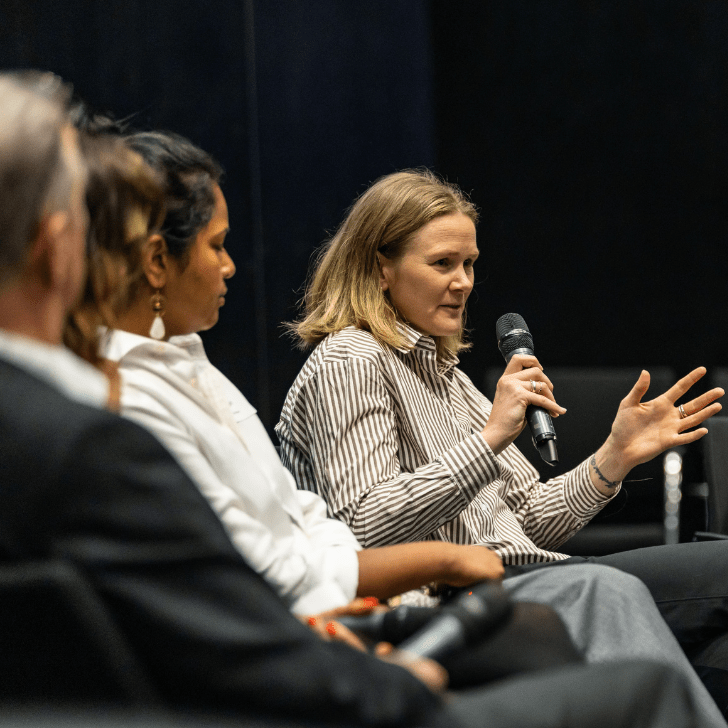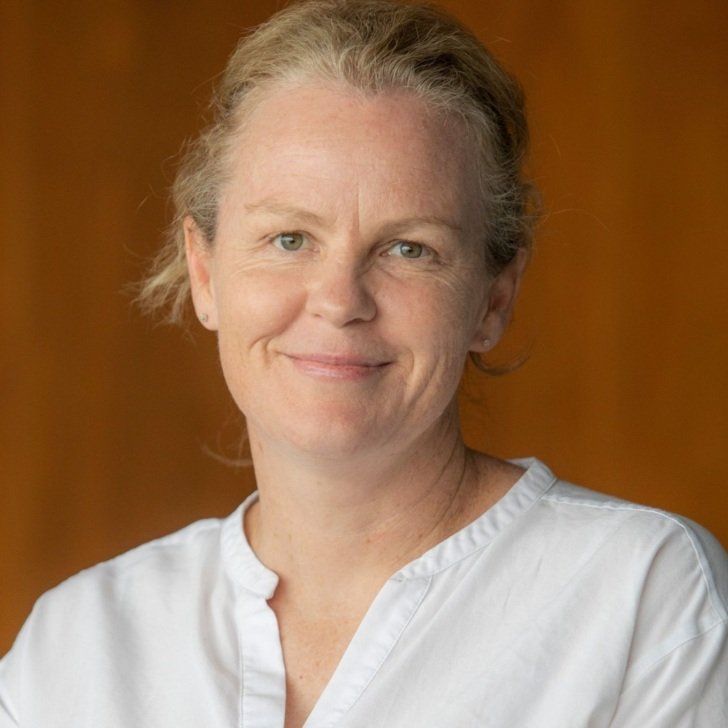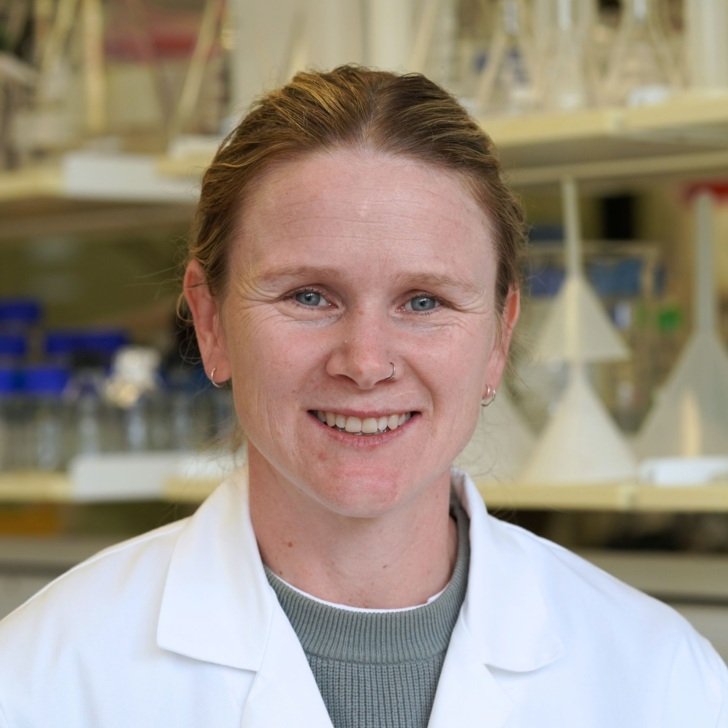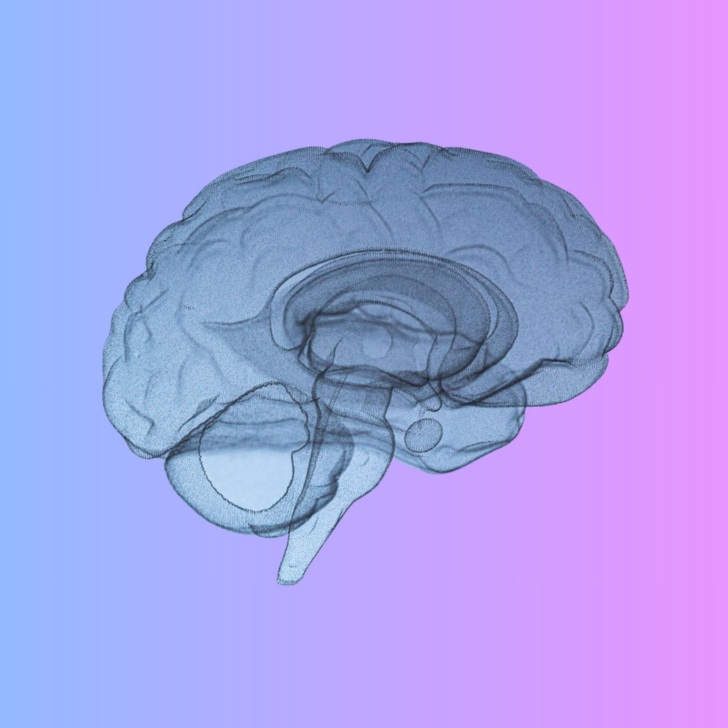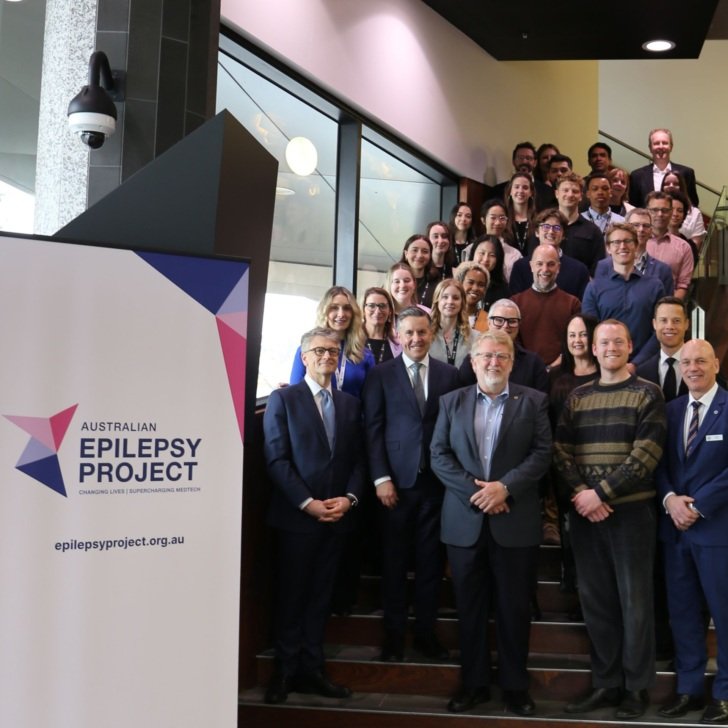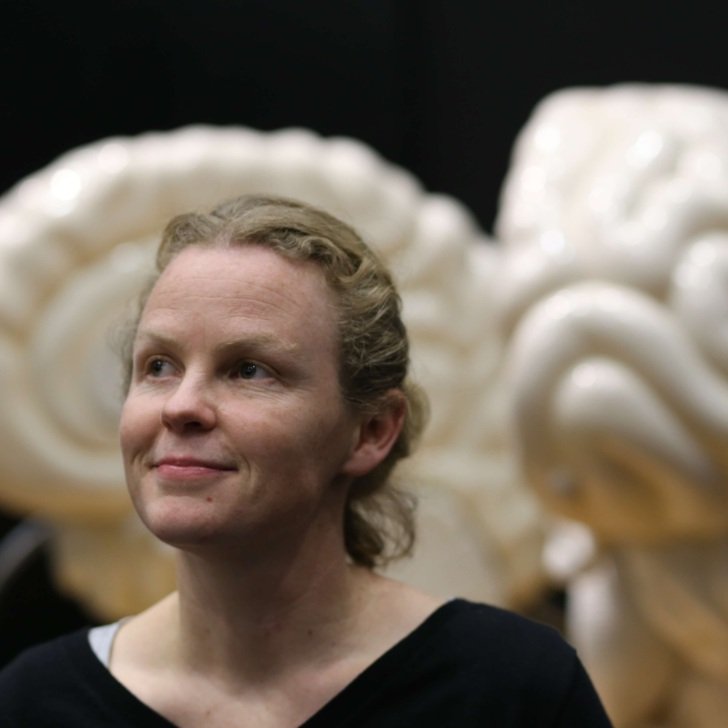
The Brain Matters Podcast
Brain Matters episodes
-
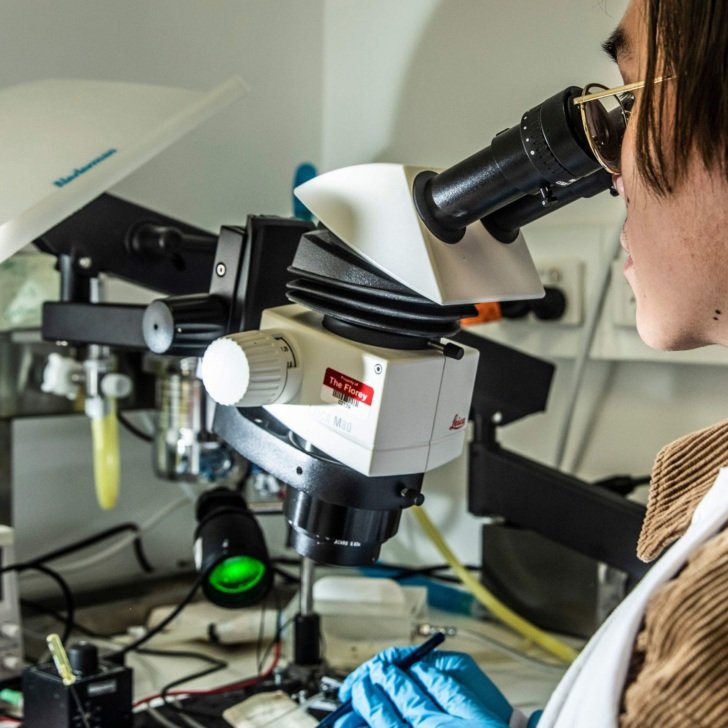
Episode 8 – Does brain cancer communicate with neurons?
Primary brain cancer affects almost 2000 Australians every year and is sadly incurable.
In this episode we’ll hear about how neuroscience might improve outcomes for people with brain cancer.
Our guests are The Florey’s Professor Lucy Palmer, Professor Kate Drummond, Director of Neurosurgery at The Royal Melbourne Hospital, and Janet Micaleff, who has had reoccurring brain tumours for 40 years.
-

Episode 7 – How does plastic affect the brain?
We live in a world of plastic. Millions upon millions of tonnes are produced every year, meaning plastics are all around us – and it turns out – within us too. Around 16,000 chemicals are believed to involved in plastics in some form, and many of these chemicals make their way into our bodies.
How do these human-made substances affect the brain?
In this episode, we’ll hear about ways plastics are disrupting biological processes connected to brain function and development.
Our guests are Florey neuro-epidemiologist, Professor Anne-Louise Ponsonby who is leading work to check the impact of plastics on children’s brains, and paediatrician Dr Christos Symeonides, an advocate with the Minderoo Foundation for stronger global regulation of plastic.
-
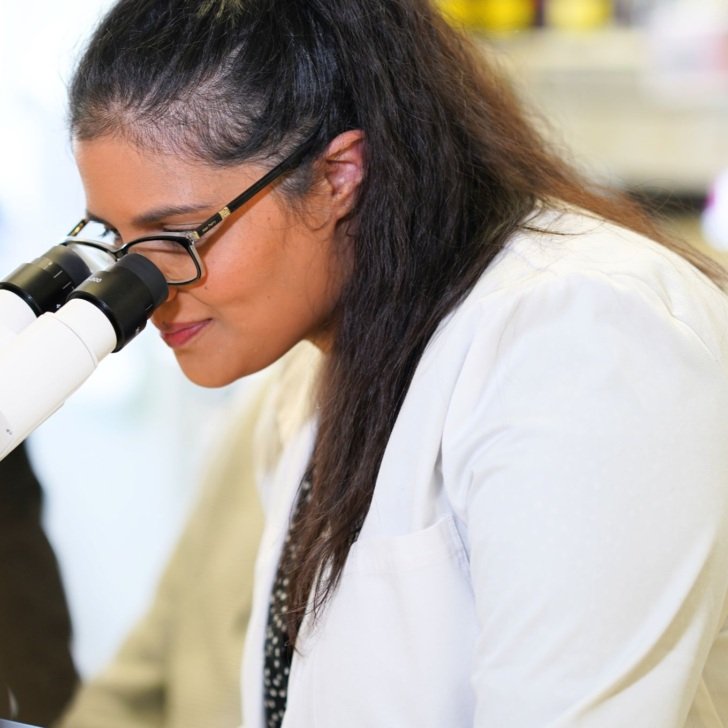
Dr Thanuja Dharmadasa Episode 6 – Is a treatment in sight for MND?
Motor neurone disease was first described in the 1800s, but it’s only in the last two decades that researchers have been able to make serious inroads into understanding this fatal neurodegenerative disease.
Treatments remain very limited for patients and a cure is still some way off – but why is MND so challenging for patients, for their doctors and for researchers? Is there hope on the horizon?
In this episode, we tackle just that. Joining us is neurologist and Florey researcher, Dr Thanuja Dharmadasa, leader of The Florey’s MND research group, Professor Brad Turner, and Emma Vulin who was diagnosed with MND last year.
Emma is a Member of the Victorian Parliament and, despite her diagnosis, she continues to serve her electorate and attend to her official duties while juggling medical appointments and life as a mother of two.
Together with our host Dr Shane Huntington, our guests discuss the potential for personalised MND treatments and learn about world-first drug screening technology and MRI technology now in use at The Florey.
-
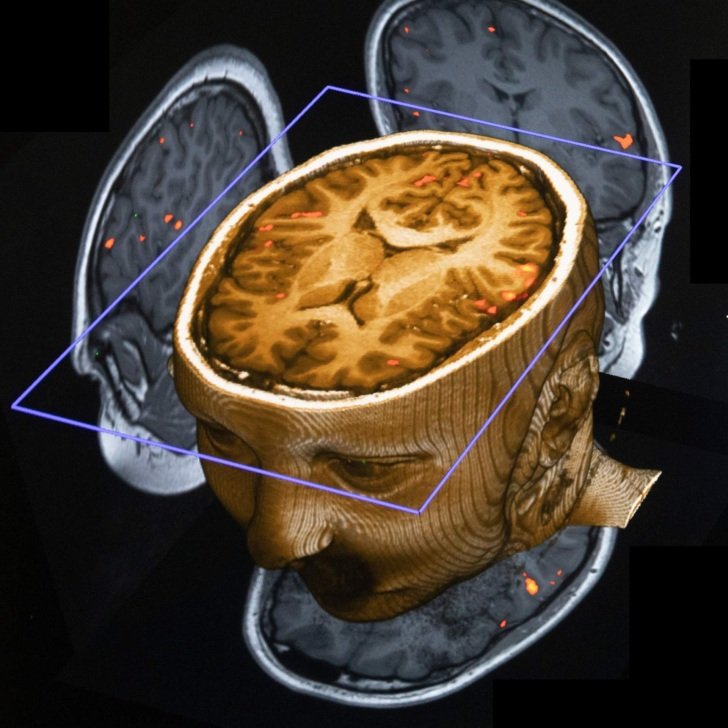
Episode 5 – What connects a toothbrush, an MRI and brain surgery?
Amber Starlight’s life as a teen was dictated by her seizures, sometimes happening several times a day. Her doctor knew something had to be done to gain seizure control – but with so many treatment routes to go down, it could be a long and challenging road ahead.
Luckily for Amber, it was an unusual cause of her seizures that proved to be the key: brushing her teeth.
The latest technology in imaging, particularly in magnetic resonance imaging (MRI), allows us to see the brain and its activity in an entirely new way. Researchers are finding new ways to push the boundaries of this technology every day.
Amber’s experience of triggering a seizure during an advanced MRI scan enabled her doctors to take decisive action. And because they were able to see the precise location of the brain that they needed to treat, they were able to perform necessary surgery in a far less invasive way.In this episode, we speak to: patient Amber Starlight; neurologist Dr David Vaughan who is also a clinical researcher at The Florey and works on how MRIs can pinpoint sites for brain surgery; and physicist Associate Professor Heath Pardoe, head of neuroimaging at The Florey, who is interested in using neuroimaging to measure brain health.
-
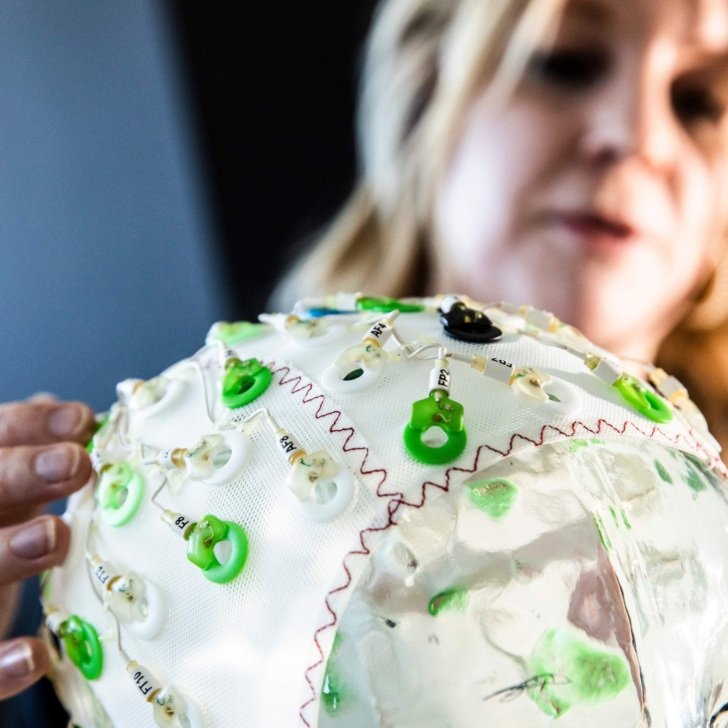
Episode 4 – What does it take to achieve seizure control?
Epilepsy is the most common neurological condition in the world, affecting 50 million people. But the myriad of seizures types, seizure severity, clinical history, genetics and responses to medication can make it increasingly difficult to fully diagnose and treat.
But does the digital era hold the key to improving outcomes for patients with epilepsy? What role can AI play in giving more people seizure control?
In this episode, we speak to: Max Luca, who has absence seizures – a type of epilepsy that causes brief lapses in consciousness; Professor Graeme Jackson, Clinical Director from The Florey, who has spent decades treating epilepsy patients and more recently leading the Australian Epilepsy Project; and Professor Aileen McGonigal, Clinical Director of the Epilepsy Unit at Mater Hospital in Brisbane.
-
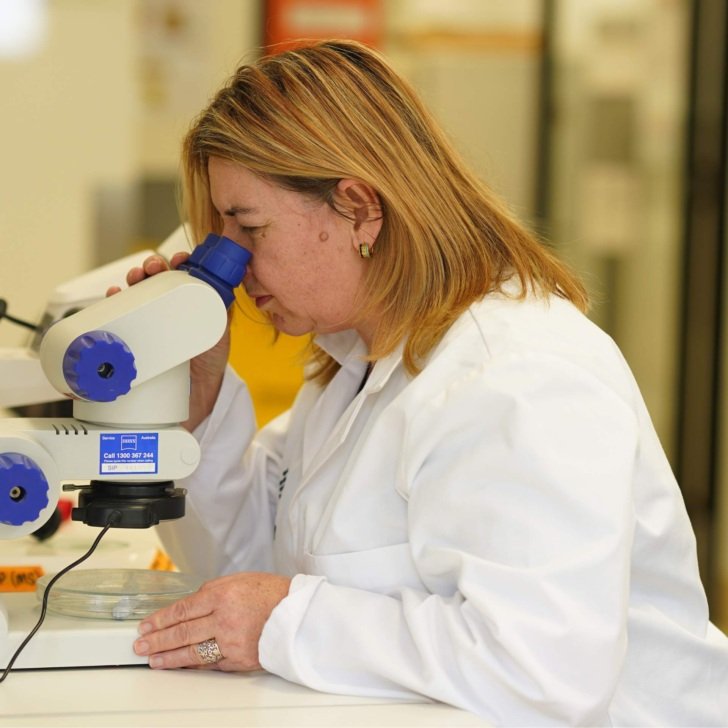
Episode 3 – What's next in the fight against multiple sclerosis?
Multiple sclerosis, or MS, is a highly complex condition to diagnose, treat and live with.
Affecting 1 in 1000 people, and with symptoms usually presenting in people between the age of 20 and 40, the impact of MS can vary person to person. Any part of the central nervous system can be impacted – from vision, to sensory perception and sometimes cognition.
In this episode, we dive into the complexities of this disease with perspectives from leading MS clinician and researcher Professor Trevor Kilpatrick, Florey scientist Michele Binder, and Catherine, a doctor who has lived with MS for 20 years.
-
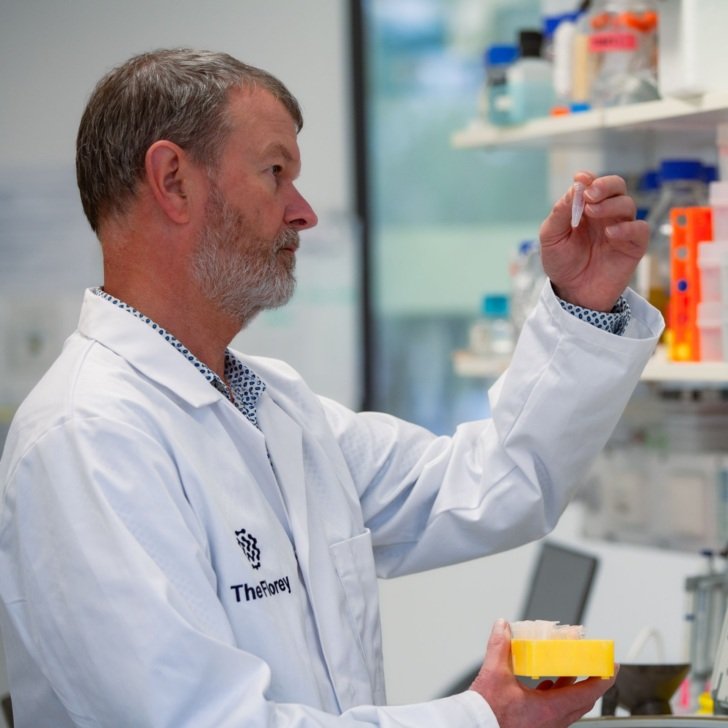
Episode 2 – How does the brain become addicted?
How does the human brain become addicted? Why are addictions so difficult to treat? And what does the future look like for people experiencing these neuropsychological problems?
Together with The Florey’s Professor Andy Lawrence, Turning Point’s Professor Dan Lubman and Lisa Rebecca, who has been in recovery for 12 years, we explore different perspectives on these complex questions.
-

Episode 1 – What will dementia look like for the next generation?
Globally, someone is diagnosed with dementia every 3 seconds. It’s a scary prospect for many of us as we age. But with blood tests for diagnosing dementia and promising medications on the horizon, does the future look brighter for this disease?
Joining our conversation is Nawaf Yassi, a neurologist at the Royal Melbourne Hospital. Annemarie, whose husband was diagnosed at the age of 61. And Rebecca Nisbet, a neuroscientist at the forefront of developing treatments for dementia.
More in Florey news and stories
Subscribe now to receive our regular newsletter featuring the latest news in research discoveries, events and more.
